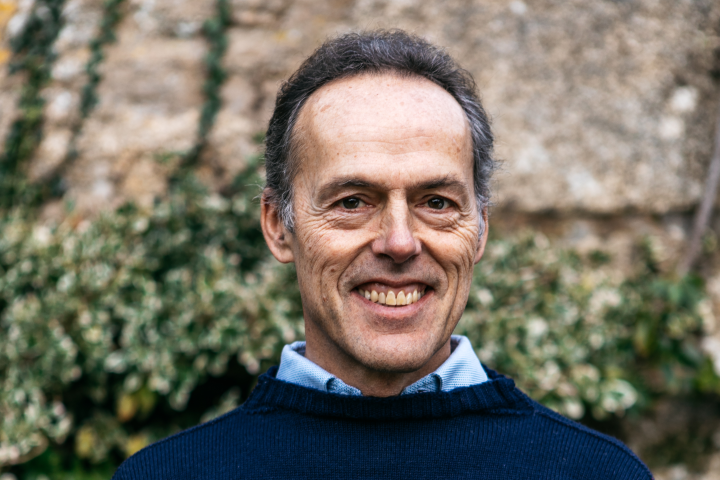
Yan Swiderski
In recent years, ESG-focused wealth managers have plugged the idea that you do not have to sacrifice financial returns to invest sustainably. However, one wealth management disrupter thinks differently.
Global Returns Project (GRP) has developed a concept called symbiotic wealth management, which it believes is a “breakthrough” for the industry.
Yan Swiderski, co-founder and executive trustee at GRP, told thewealthnet that sustainable investing on its own is “simply not enough”.
Instead, he believes regenerative investments are the “new, critical complement” to any sustainable investment portfolio.
“We all need to respond to [the climate crisis]. All sectors of society,” Mr Swiderski stressed. GRP is his answer for the wealth management sector.
The idea is that within a client’s existing investment portfolio, a small allocation – say 0.25 percent – of the total assets, would be identified and repurposed towards regenerative investments. These tend to be not-for-profits, whose sole focus is on protecting the planet.
Simply put, investors focus on global returns as well as financial returns. While global returns may mean sacrificing financial gain in the short term, Mr Swiderski says they still have a “real and identifiable” benefit.
“The protection and enhancement of the biosphere makes all of our investments less risky. So, it is a rational investment decision.”
To help facilitate symbiotic wealth management, GRP has created a portfolio comprising a selection of what it believes to be the most effective not-for-profits tackling the climate crisis.
The Global Returns Fund currently has six portfolio partners: Ashden, ClientEarth, Global Canopy, Rainforest Trust UK, Trillion Trees and Whale and Dolphin Conservation.
The portfolio focuses on three of the four “fundamental” UN Sustainable Development Goals, namely: climate action; life below water; and life on land.
GRP undertake significant research before adding not-for-profits to the portfolio, Mr Swiderski explained.
This research covers the impact of the organisation (as well as its potential future impact), its scalability, any networks it may have and how these networks are used, and any co-benefits of the organisation, among other criteria. The scores are reviewed every six months to ensure the fund continues to have maximum impact.
Aside from removing the stress of researching all these not-for-profits, investing in the Global Returns Fund may have a tax benefit too.
As a registered charity, investments can be eligible for Gift Aid – offering a benefit for both investors and GRP.
Mr Swiderski was also keen to stress that 100 percent of all money invested into the fund goes straight to the organisations. GRP does not charge any fees. The trustees all give up their time voluntarily to work for the charity.
All expenses – including GRP’s three paid employees - are funded by the trustees themselves, supportive individuals, family trusts, and other foundations.
Looking forward, Mr Swiderski has big aims for GRP and symbiotic wealth management as a whole.
Firstly, he hopes the wealth management industry will undergo a mindset change. He wants symbiotic wealth management to become mainstream.
Secondly, Mr Swiderski would like to see £10 billion a year being put into regenerative investments. This will not all necessarily be through GRP or the Global Returns Fund, of course.
GRP’s research found investing in this way is one of the most effective things an individual can do to help fight the climate crisis. In many cases it is over 100 times more effective than going vegan, living car free or switching to a renewable energy supplier.
“There are question marks around a lot of sustainable investment strategies, in terms of are they really sustainable and are they really solving the problems that some of the funds are claiming to be solving.
“If the answer to either of those questions is no –which we think it probably is – then for those clients that really care about these issues, wealth managers should consider symbiotic investments,” Mr Swiderski concluded.







